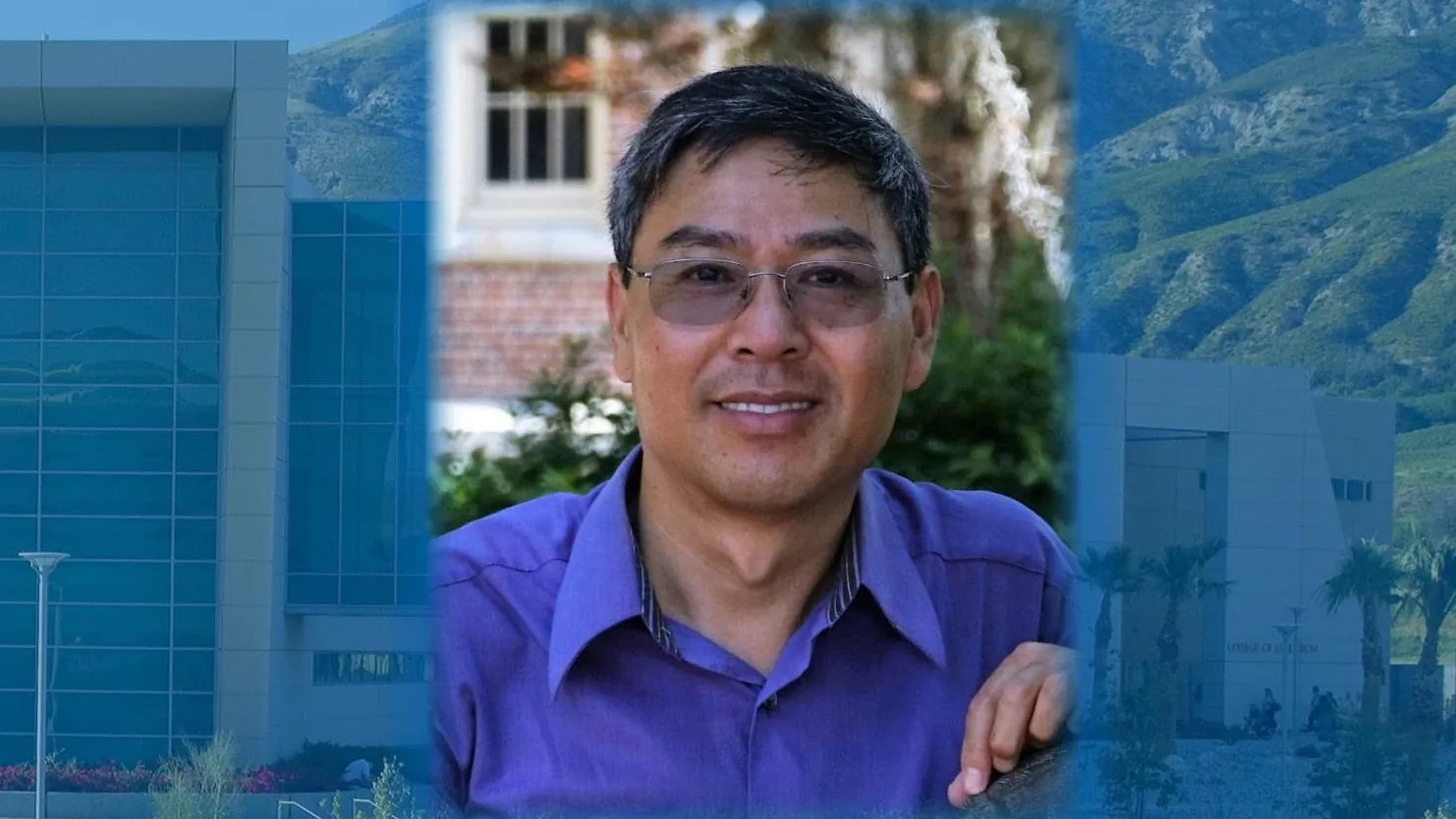Alan Llavore | Office of Marketing and Communications | (909) 537-5007 | allavore@csusb.edu

Viktor Wang, a professor of educational leadership and technology at California State University, San Bernardino, has released his latest scholarly work, “The Theory and Practice of Adult Education.” This book marks the 59th refereed publication by Wang and offers a comprehensive exploration of the diverse theories, methodologies, and practices that underpin adult education.
Embarking on the journey of writing a book is akin to setting sail on uncharted waters – an exhilarating yet daunting endeavor filled with excitement, challenges, and countless opportunities for discovery, Wang says. He has navigated these waters with purpose and passion, culminating in a groundbreaking volume that delves deeply into both the theoretical and practical aspects of adult education.
Through 10 chapters, readers of “The Theory and Practice of Adult Education” are guided through topics, such as the debate between andragogy and pedagogy, the applicability of teaching methods across cultural contexts, and the role of technology in facilitating transformative learning experiences.
With practical strategies for workforce development, curriculum design, and professional identity formation, this book serves as an essential resource for anyone seeking to navigate the complexities of adult education and make a meaningful impact in the field.
Highlights include:
- An examination of the imperative of fostering self-directed capabilities among employees and leaders in organizations. Wang sheds light on the pivotal role of leadership and human resource development in shaping the organizational environment.
- An exploration of the applicability of andragogy and related theories across diverse learning contexts, offering insights into the evolving nature of learning organizations and the leadership required to support them in the digital age.
- A comparative analysis of Chinese and American adult teaching methods that provides valuable insights into the cultural dynamics shaping educational practices and their impact on workforce readiness.
- A look at the strategic application of andragogical principles in expanding employees' skills and capabilities, a necessity for organizational survival and growth in the post-pandemic world.
- A discussion of educators' philosophies and dispositions, which are contextualized to meet the complex and variable needs of adult learners, emphasizing the importance of tailored approaches rooted in empathy and understanding.
Wang, who teaches in the CSUSB James R. Watson and Judy Rodriguez Watson College of Education's Department of Educational Leadership & Technology, envisions “The Theory and Practice of Adult Education” as a beacon of knowledge and inspiration for educators, researchers, policymakers and organizational leaders alike. He hopes this book will ignite conversations, spark innovation, and contribute to the ongoing evolution of adult education in an ever-changing world.